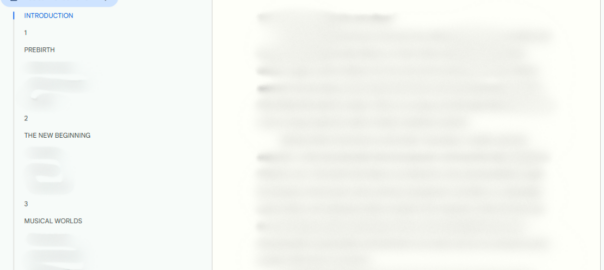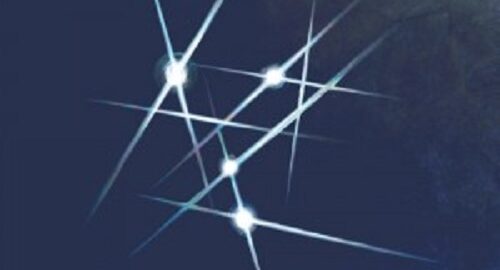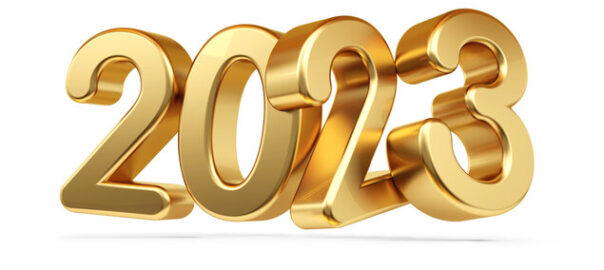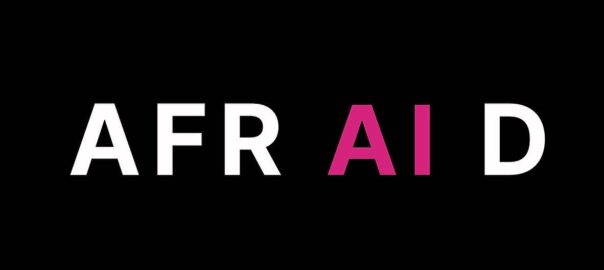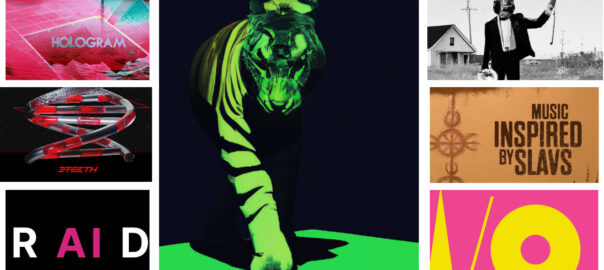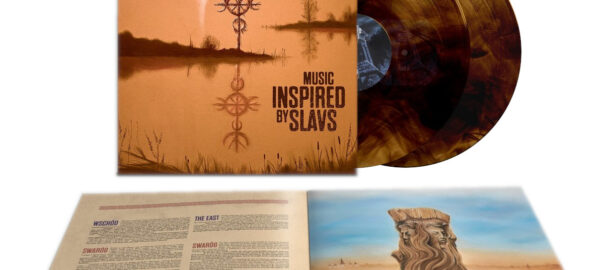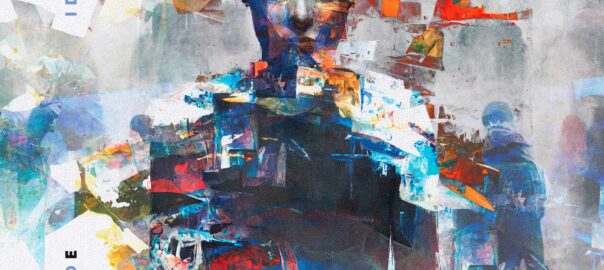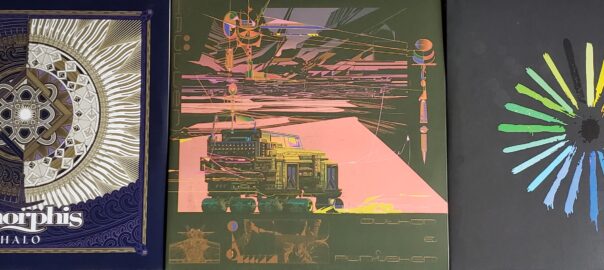Book Update
Hello folks, it has been a while since I first announced that I am writing a biography of Mariusz Duda (back in August if you missed it). I want to give you some more recent information. Sorry for the length.
First… well, I made a mistake. I worked on the manuscript over the summer of 2024 when I had a lot of free time (I was a teacher, so summers off) and got to the point where I felt I could reveal that this project existed.
I stupidly assumed that I would continue to write the book once I returned to work in September–that is, work during the day, write in the evenings.
Hahahaha….Yeah, no. That didn’t happen. Writing for me (at least writing well) is very mentally taxing: it takes a lot of brain effort. Things had changed at work, I had a longer commute than before, so I had to leave earlier in the morning and got back home later in the evening. I would sit down, open the book files, and then write very little. My brain was too fried by the end of the day. There were other things happening as well. That means for the fall of 2024, not much got done. It was stressing me out.
As a result I’m behind, and the hoped-for release in or near September ain’t gonna happen. That was pretty tentative anyway, because I know that the whole process of writing, editing, etc. etc. always takes longer than you think it will, but yeah–it definitely won’t be ready by then. That actually may work out better for the book, though. See below.
So…I made some changes. The biggest one is simply that I retired from my job. I’d always enjoyed my work but not lately, growing stresses and anxiety had stripped the fun away, and it was time to leave. This happened at the end of January.
I certainly have the time now, and I am writing a lot.
The book itself: where are we?
I didn’t tell you the title the first time because it was probably going to change. It did change, but I’m still keeping it a secret for now because it might change again.
You have a glimpse of chapter titles though–you might notice a pattern. At the moment there are 8 plus an Introduction and a couple of Interjections. Not sure how stable that is; a couple of the chapters are very long and might have to be broken up.
Some of these chapters are pretty complete (in terms of information), but the later ones need a lot of work. The last couple of chapters especially that deal with the most recent few years are very incomplete. I am waiting on the last Lunatic Soul album of course, and other information. I want the book to be as complete as I can get it for 2025. Of course at some point I will have to stop writing.
The Introduction, Chapter 1, and a part of Chapter 2 have been formally workshopped: that is, other writers/potential writers (who have no knowledge at all of the subject of the book) have read them in an academic setting, and provided feedback and critiques. Overall the response has been positive, with some even saying they would like to read more about this person they have never heard of. That is a small win.
Next steps: for the book is fact-checking. Someone else gets to read it to make sure I haven’t made up too much of it.
Looking for a publisher: that is a terrifying and difficult and soul-destroying process. I will be focusing on small, independent, probably specialist publishers–no big house will be interested in such a niche topic. I probably won’t be successful (most people aren’t) in which case–self-publishing and Print-On-Demand. Ugh. But that’s how it works these days.
Completion and a first copy-edit passthrough by me (that is, correcting as many grammar, spelling, sequence mistakes that I can find. There will be a lot of those).
Then off to what are called “beta readers” – people who will read closely and make critiques and comments and recommendations. Please don’t ask me; I have folks in mind.
Then a developmental edit by an actual professional editor. That is a very important edit that looks for overall flow and sequence and makes sure that things are in a sensible order and everything that should be in there is in there.
Eventually: cover design. That’s also a big deal and will need a professional.
Will there be photos inside? Not sure yet–most of that is not up to me. Getting hold of interesting ones, and permissions yadda.
Now for the important part–you guys. Quick question:
The way Meta is going… well, all I will say is that it is hard to find anything worthwhile showing up in feeds lately. I will be posting about the book on other platforms in addition to here. Possibilities include:
Bluesky
Substack–it would be free, no worries, and it allows me to create a mailing list, so you wouldn’t miss any news.
Anywhere else?
I will NOT be using Xitter…. ; I’m not a video person so probably not TikTok
So…stay tuned!!
